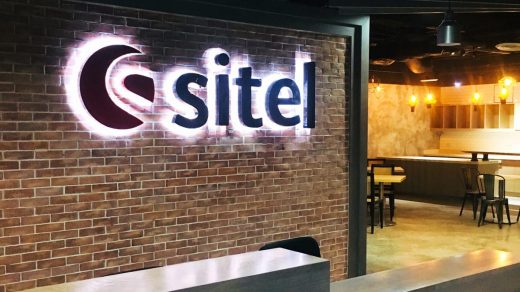The event organizer has to deal with a bit of unpredictability from the start of an event till the end. That is why anyone in the event segment will let you know how important are strategies like contingency planning and risk assessment to cope with unforeseen instances. However, event organizers must stay ready with backup plans as the approach to the process of event planning has not changed much in the last few years.
Most event planners go for the traditional method of event planning, the waterfall method, while some approach the same in a linear way. It is a sequential idea to satisfy clients’ needs; every phase depends on the previous one; hence it becomes difficult to manage challenges that arise midway. Sometimes, clients also need to change halfway through the event and might not be able to adapt the plan to suit them faster.
On the other hand, Agile methodology helps you improve processes and accept changes at any level of event management. As the event requirements evolve continuously, agile planning can help organizers to be flexible with the planning and ensure that their event thrives, even in times of uncertainty.
Why Is It a Smart Choice to Go Agile for Your Next Event?
McKinsey’s report shows that more than 93% of business units that had adopted an agile model before the pandemic did better than business units that had not adopted it. Agile methodology discovers its origin in the software industry and is commonly called the “application delivery lag.” It helps to look around years to build an app, but with agile methodology, it becomes much faster and easier.

Image: (Source)
Most industries like pharmaceuticals, aerospace, construction, and more have opted for agile methodology, helping them to improve collaboration, reduce risk, and save time. Check a few of the reasons that help you understand why event professionals must go for agile methodology right here.
Improve Transparency
Agile methodology helps the team stay in constant touch through frequent meetings and check-ins. Each member knows what is happening at each stage of the event and what issues have to be solved. It helps every team member stay informed and keeps clients and stakeholders stay involved in the event with routine meetings.
An improved level of transparency comes with numerous advantages; it helps to increase team spirit, minimize redundancy, and boost efficiency at work. It decreases communication errors and helps everyone stay aware of everything related to the event.
Better Flexibility
Agile event organizers are better suited to adapt to evolving trends in the industry. They accept and anticipate the changes primarily if the change benefits the attendees; they are the first ones to keep pace with the development, be it in event tech. By being agile, you can make your current event thrive and improve your event strategy continuously. This simply means your event becomes better than the previous one.
Better Learning
Agile planning helps to get the work done on time and in a better manner. Hence there is scope for more improvement and learning. It stresses reiterations, feedback, and self-assessment; the process never ends. Every time you host an event, you need to study its flaws and fix them in the next one. Hence stay in touch with the times, relentlessly refining the strategy to ensure that events never go out of date.
Agile Event Planning: Step-by-Step to Organize It
A PwC report shows that 28% of agile projects are more successful than other traditional projects. Due to the people-centered approach, it offers more customer value and satisfaction compared to processes and tools. In agile, you work and plan things that benefit your attendees and you as well.
To make the event planning and management process easier, you can use a feature-rich open-source event ticketing system that makes the approach a little easier. The user-friendly solution can help you create and manage systematically. When you are following agile methodology to plan your next event this year, you can follow a few of the crucial steps, these include:
- Define goal;
- Plan the roadmap;
- Schedule your spirits;
- Check-in with all stakeholders;
- Review your work.
Going agile is not a magic potion that can remove risk from the event. However, what does make it easy is to identify the risks; hence you can address them in the early stages of event planning. You can even choose an agile planning framework that seems a little complicated at the initial level.
If you are worried about switching at once, you can take steps by adding the elements. Shifting to an agile methodology for event planning can help you adapt to the changing competitive market and provide you with more ways to reinvent and accelerate the way you meet the attendees’ requirements.
Author Bio
Dilshad Durani is a seasoned Digital Marketer and Content Creator currently contributing her expertise to the dynamic team at Alphanso Technology, a leading company specializing in YouTube Music Clone and Soundcloud Clone development. Her insatiable curiosity fuels a relentless pursuit of knowledge, driving her to unravel the intricacies of changing trends, evolving marketing approaches, and ethical business practices.



Recent Comments